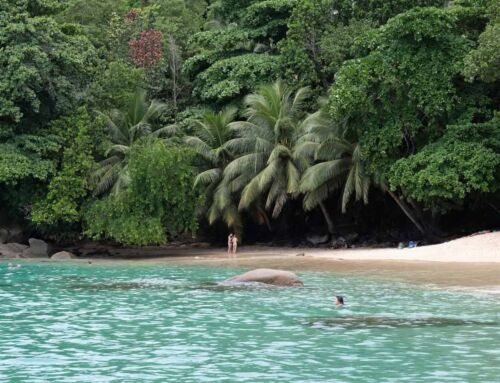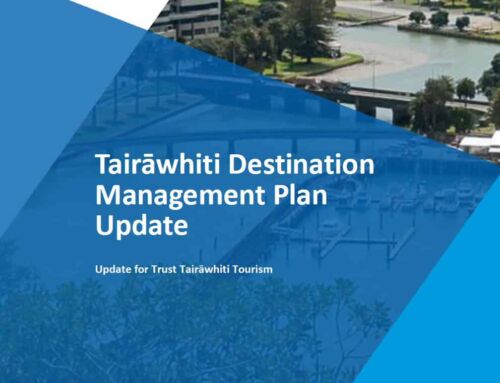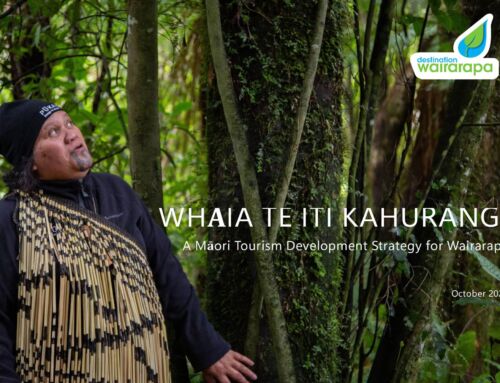Project Description
The Cook Islands is a popular tourist destination with high levels of visitor satisfactions and repeat visitation. Tourism can, however, be an industry subject to external shocks that can impact the sector negatively and quickly. For example, the 9/11 terrorism shock, the global financial crisis or the cyclone hazards common in the South Pacific.
Engaging TRC to work with industry and stakeholders to develop a tourism crisis management plan was an important step in limiting the negative impacts to the tourism industry in the case of a crisis event in the Cook Islands. It would also enable all stakeholders to plan, respond and recover as effectively as possible.
The Plan presented information in four sections:
– Context: background about Cook Islands tourism, disaster and crisis history, emergency management, and a SWOT analysis.
– Planning and preparation: an understanding of the current situation (at the time of Plan development) and implementation of the Plan.
– Crisis management: recommendations to improve tourism crisis management in the long-term.
– Templates: practical templates to aid in the implementation of the Plan.
The Cook Islands Tourism Crisis Management Plan exists to protect the value and reputation of the Cook Islands as a tourism destination. Crisis management in the Cook Islands tourism sector has three objectives:
1. To strengthen the health and safety of visitors and tourism workers in the event of a crisis.
2. To protect property and support tourism businesses to prepare and recover from a crisis event.
3. To maintain or enhance the positive destination image of the Cook Islands after a crisis.
The Plan was designed by TRC to be a practical tool which is implementable in a range of crises and will help to deliver a safer and more resilient destination. It will also assist the industry to be Tiaki Meitaki (responsible hosts) and is a best-practice template.






